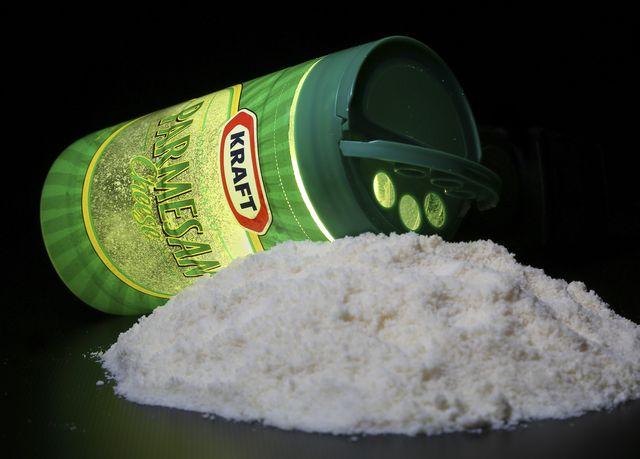The battle over food products names between the EU and the US may be just at the beginning.
As part of trade talks, the European Union wants to ban the use by American food producers of names such as Parmesan, Asiago, gorgonzola, and so on, for cheeses that are not produced in Italy, but in the U.S. – they end up on the shelves of American supermarkets and are passed off as authentic, when in fact they are not – keep in mind that certain cheeses like Parmesan (Parmigiano-Reggiano) can only be produced in a specific area of Italy with set procedures and ingredients to be the real thing. (This rule would apply to all typical cheeses coming from European countries, for example Greece’s feta).
The EU would like to implement the same policy already in place with Canada and Central America where it is forbidden to use the names of some cheeses unless they have been produced in Europe. According to the agreement, if the cheese is produced locally, then the packaging label needs to specify it, for example in the case of Parmesan, it would need to say, Parmesan-like, or Parmesan-style.
U.S. cheese-makers are against the idea, as it would hurt the $4 billion domestic cheese industry. They also say it would confuse consumers, and that some consumers would actually prefer the American brands.
It is likely the EU would try to apply these new rules not just to cheese, but also to cold cuts, such as prosciutto and salami in the case of Italy, and other typical food products of Europe.













